
Seeding Coral and Conserving Self: An interview with Dr Kath Whittey

South Caicos with Heidi Hertler: Prioritizing Community Needs
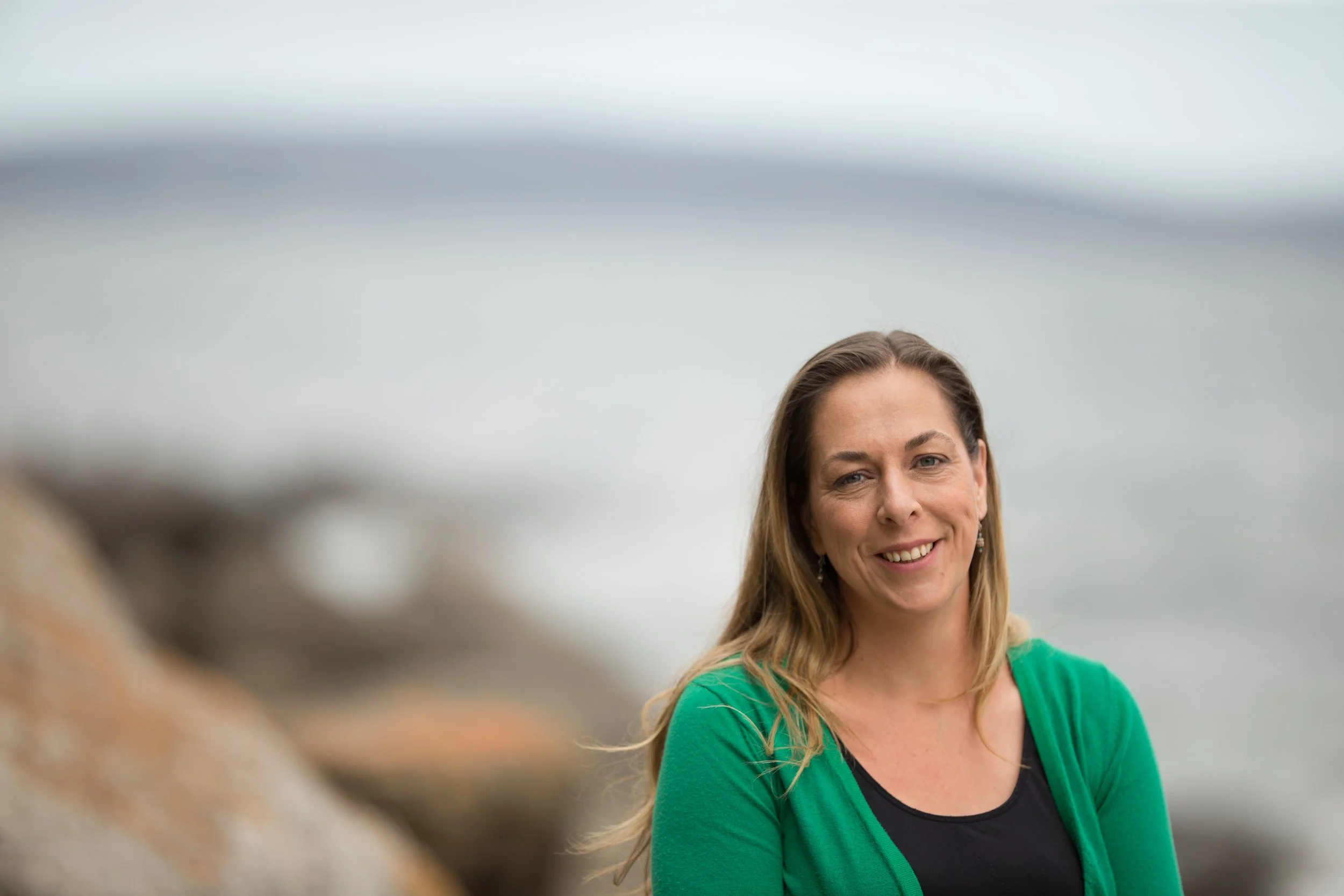
Recognising Your Role in the Big Picture: A Conversation with Gretta Pecl
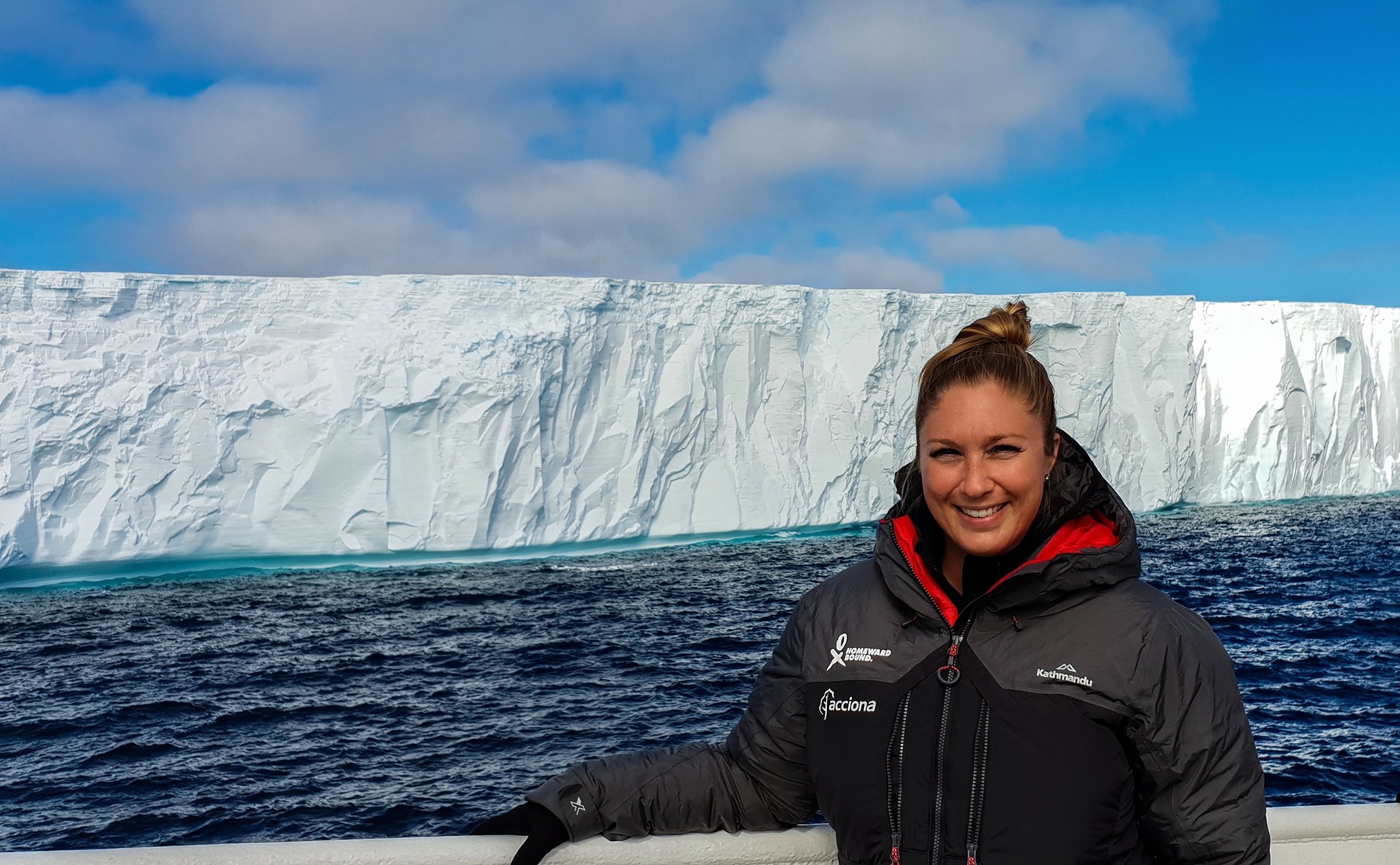
From childhood dreams to professional passion: Meet Australia’s Dr. Steph Gardner

Coral Conservation and the Importance of Community: An Interview with PhD student Aliyah Griffith
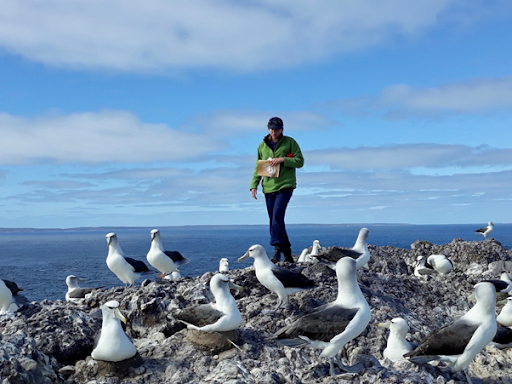
The Shy Albatross - An Interview with Claire Mason
In grade 9 biology, I wrote a research report on the behaviour of albatross – a bird I had never heard of before but was intrigued by because they looked like my pet ducks. I was absolutely blown away by them! I headed off to the big smoke (Brisbane) to study environmental science when I was 17. After a lot of study, some persistent nagging, and with bucket-loads of guidance and support from great scientists and people, I am now coming to the end of my PhD studying a threatened Australian species, the shy albatross.

Is the Ocean our Toilet?: E. Coli threatening Australian Sea Lions with Mariel Fulham
I first came in contact with Mariel Fulham through my piece called “Fire Retardant Fur Seals: A Team Interview”. She was involved in a project that detected the level of fire retardant chemicals in three pinniped species of southern Australia. One of these species, the Australian Sea Lion (N. cinerea) is endangered AND endemic with only ~6,500 breeding adults remaining.
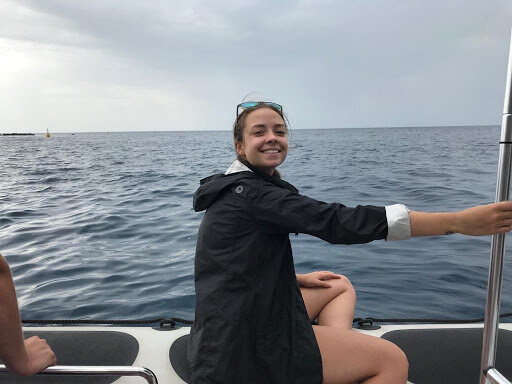
An interview with Marine Mammal Scientist, Emma Chereskin
Research has shown that dolphins exhibit a variety of social behaviours within their pods, although their communication systems have been studied extensively, there is still much to learn. Meet Emma Chereskin, marine mammal scientist completing her Masters degree at the University of Bristol who studies sociality and vocal communication in Indo-Pacific bottlenose dolphins.

Parrotfish Proving Pelagic Protection
One of the hardest things about studying the ocean is that it is fluid (yes, that was a joke). But what I mean is that the only real boundaries are land. I would argue that our “blue planet” has more cracks and creavaces for marine life to hide than land. We can predict general areas where certain species should be, but that does not always mean we will find our target material.
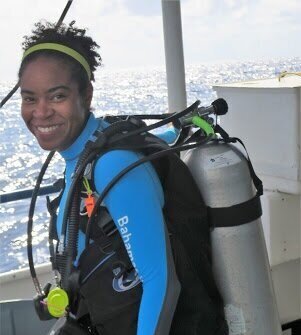
Life in The Bahamas: An interview with Marine Scientist Dr Krista Danielle Sherman
Crystal clear turquoise waters encompass The Bahamas and support a wealth of marine habitats, from coral reefs to mangroves and seagrasses. Home to the third largest coral reef in the world, the marine environment is bustling with exotic life. Meet Dr Krista Danielle Sherman, the first female Bahamian scientist to achieve her PhD within the Marine Sciences, who works tirelessly to ensure these intricate ecosystems remain pristine for years to come.

Becoming “Sea Smart”: An Interview with Dr. Elaine Leung
Some people know right away that they want to be a marine biologist. Others may shy away for one reason or another at first, and then become an influential part of the marine science community. Dr. Elaine Leung falls into the latter category--her excellence in the field seemed unlikely at first, as she is prone to seasickness! Luckily for the Women in Ocean Science community and beyond, she has pushed through the initial apprehension and now has over fifteen years of experience researching threatened marine animals--especially top predators--and worked with many global stakeholders to protect species based on her findings.

Working with community fisheries to influence change: Meet Dr Joanna Alfaro Shigueto, a Peruvian Marine Biologist
Meet Dr Joanna Alfaro Shigueto, director and co-founder of ProDelphinus, a non-profit organisation in Peru that works with fishing communities, researchers and the government to protect sea turtles and marine fauna to reduce by-catch. She is an incredible scientist and mother of two (Kenzo and Jake) who has worked in marine conservation in South America for over 25 years!
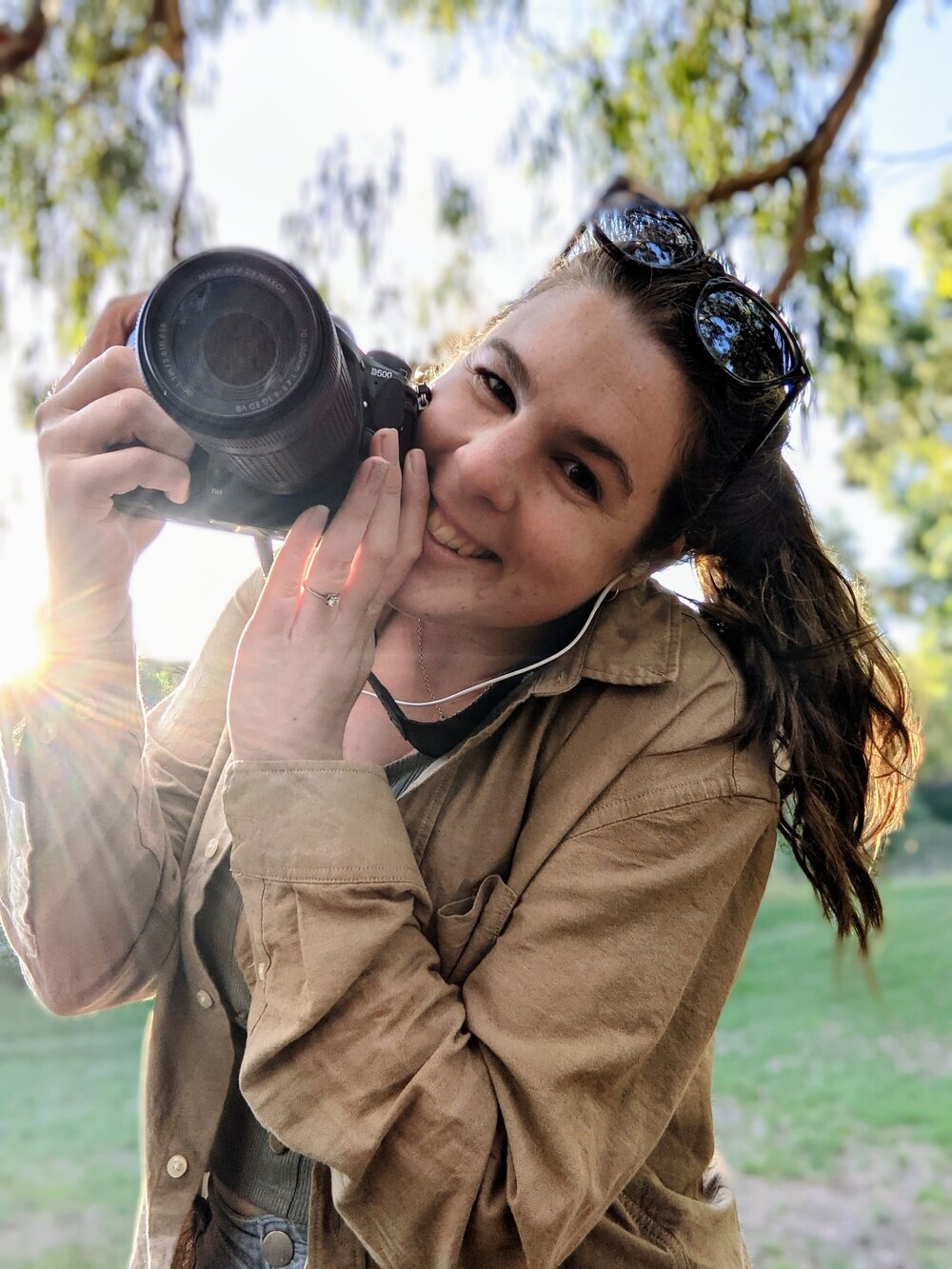
Lonely Conservationists
She introduced me to the Lonely Conservationist platform, run by Jessie Panazzolo. I immediately followed the account and downloaded her book, Conserving Conservationists. I gobbled it up in less than 48 hours and knew I needed the WMC and WOS community to hear about her work.

Marine Palaeontology: An interview with Dr. Leanne Melbourne
Numerous environmental changes have been observed in our oceans in recent years due to the increase in anthropogenic CO2 in the atmosphere. This in turn leads to ocean acidification and warming waters, phenomena that cause detrimental effects to marine organisms and their survival. Calcifying organisms are particularly at risk to these changes as it significantly reduces their ability to calcify, a vital process in which they create their hard shells or skeletons. Meet Dr Leanne Melbourne, a Marine Palaeontology lecturer at the University of Bristol whose research focuses on how these environmental changes affect the structural integrity of marine calcifiers through time.
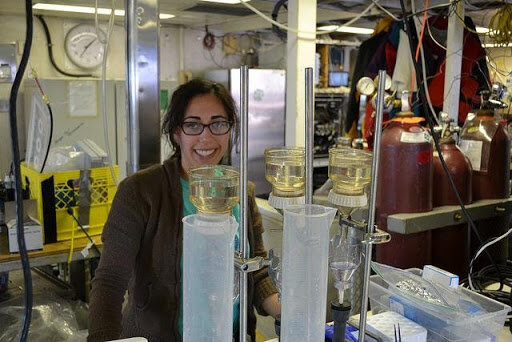
Publication Spotlight – Dinoflagellate metabolism across the central Pacific Ocean
Dinoflagellates are single-celled eukaryotes that are capable of photosynthesis, heterotrophy (eating), or both. They have a few several noteworthy characteristics: they can travel vertically in the water column using their flagella, they are capable of bioluminescence which can light up the ocean at night(!), and some coastal species produce toxins that can harm fish, birds and people.
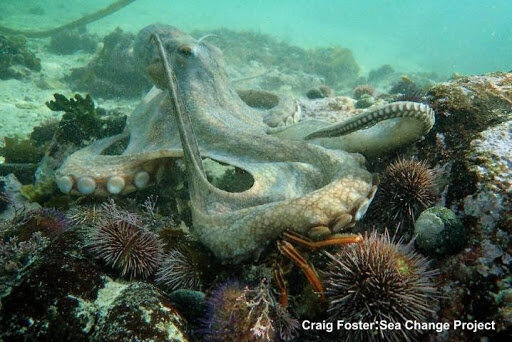
Cephalopod Welfare Ethics and Cognitive Research: Meet Dr Jennifer Mather
Cephalopods, a group of marine Molluscs that includes squid, octopus and cuttlefish are a mysterious and intelligent assortment of invertebrates. Although cephalopods do not come to mind as the ideal laboratory specimen, their distinctive behaviour and intelligence has made them indispensable to research. Meet Dr Jennifer Mather, a University Professor in Psychology from the University of Lethbridge, Canada whose fascination with intelligence in the oceans has led her on an incredible journey into cephalopod welfare, ethics and cognitive research.
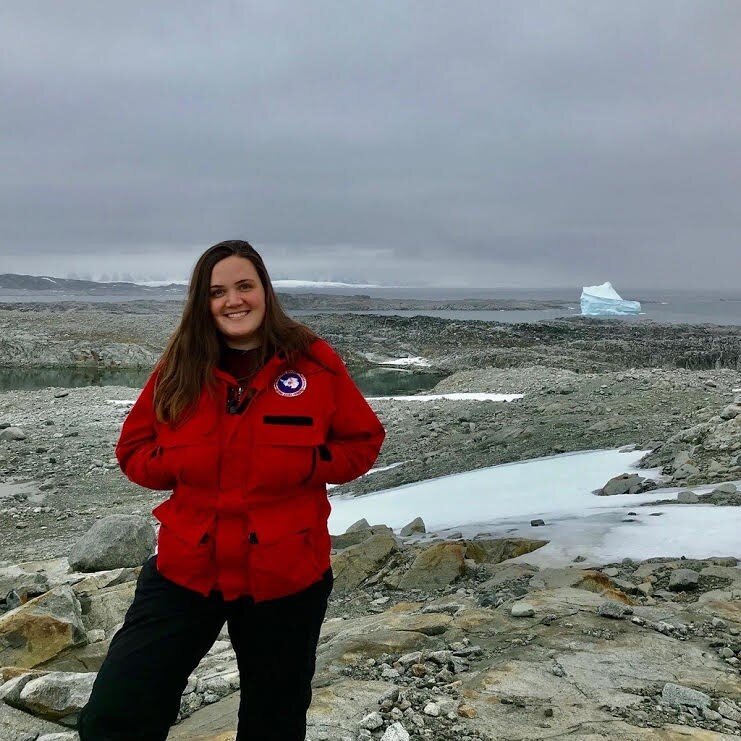
Antarctic Marine Bacteria! - An interview with Beth Connors
Beth Connors is a PhD student in the Bowman Lab for Scripps of UCSD. She is currently spearheading trips to Antarctica where she studies the ecological roles and genomics of heterotrophic (must eat to live) marine bacteria.

Science and Policy and OA, Oh My! - An Interview with Elly Harrould-Kolieb
Ocean acidification (OA) is a prominent topic in the world of marine conservation. Expert in the science-policy interface of OA, Ellycia (Elly) Harrould-Kolieb spoke to us about her work and experience in this field.
